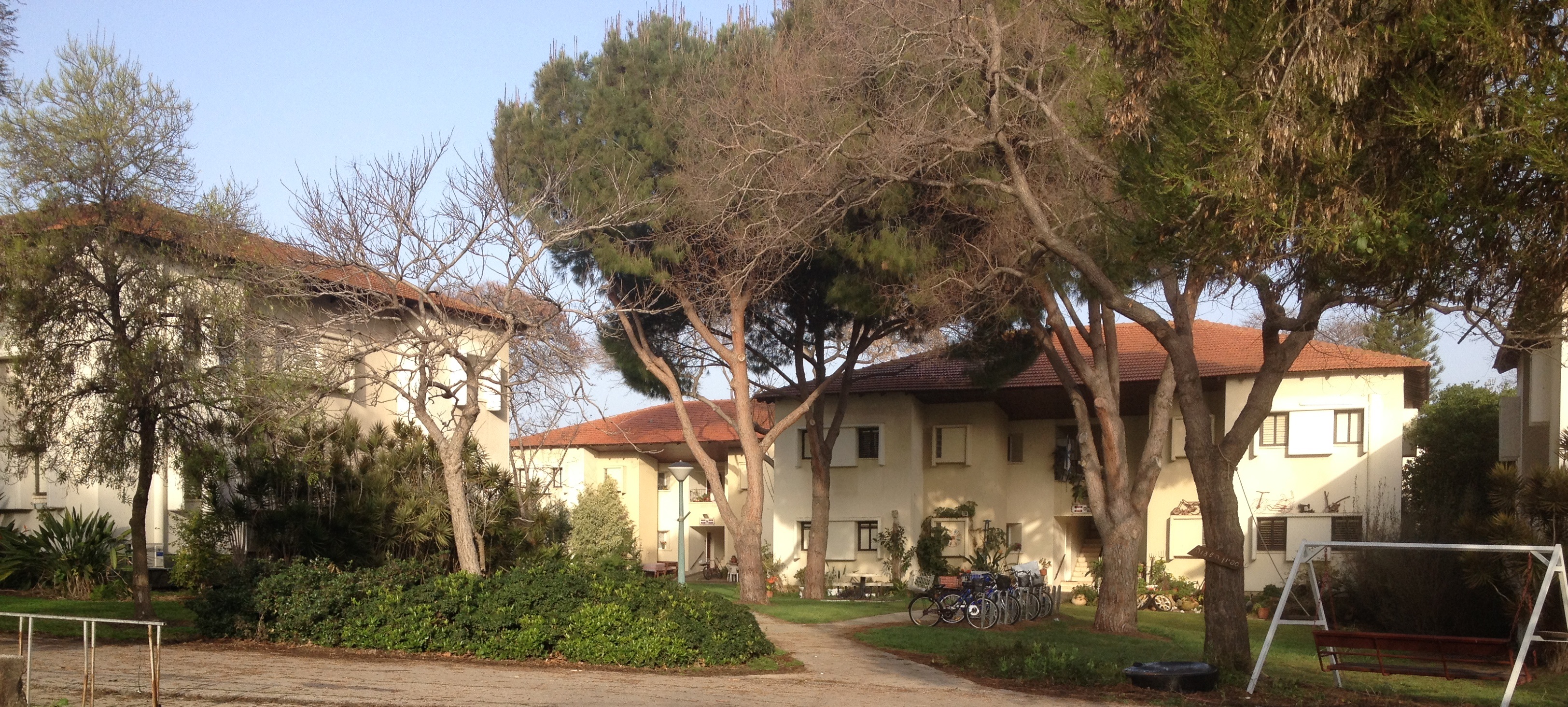
Interviews
Interviewing is one of most widely used and generally appropriate methods of information collection for consultants. Interviews can be conducted individually or in small groups. Sometimes they are open ended: the interviewees’ responses to initial questions (which usually are determined ahead of time) dictate the nature and scope of later questions. At other times, the questions all might be specified prior to the interview. Interviews can be scheduled formally or can occur informally in the cafeteria, in the hallway, in an automobile, or via the computer. They may be conducted in person, by telephone, by email or even via social media. A random sampling of organizational attitudes and perceptions can also be conducted with limited time and personnel through the use of polling techniques: Every fifth or tenth person in a digital telephone directory is called and asked a few brief questions.
Observation
An effective consultant will make extensive use of observation when the opportunity is available. Though observations are time consuming, they provide the consultant with rich insights into the real workings of the client system. A consultant might observe continuing projects having to do with the consultancy (for example, training sessions or committee meetings) or events that reflect on the milieu of the organization (for example, spontaneous activities, award celebrations or special events).
Participant-Observation
In some instances, a consultant might deem it useful to assume a participant-observer role by becoming actively involved in some event related to the convening problem or need (for example, using procedures or materials that have been produced by the department with which she is working). The participant-observer records not only what she has observed but also her personal reactions to participation in the event.
In the case of all three of the first information collection methods, the recording process itself can be assisted at times by the use of an audio recorder or video recording device. In most instances, unfortunately, recording equipment (even after being agreed to) will disrupt an interview, observation or participant-observation and distort the information being collected. A consultant may therefore prefer to take written notes or mental notes that can be written or recorded on an audio or video later.







